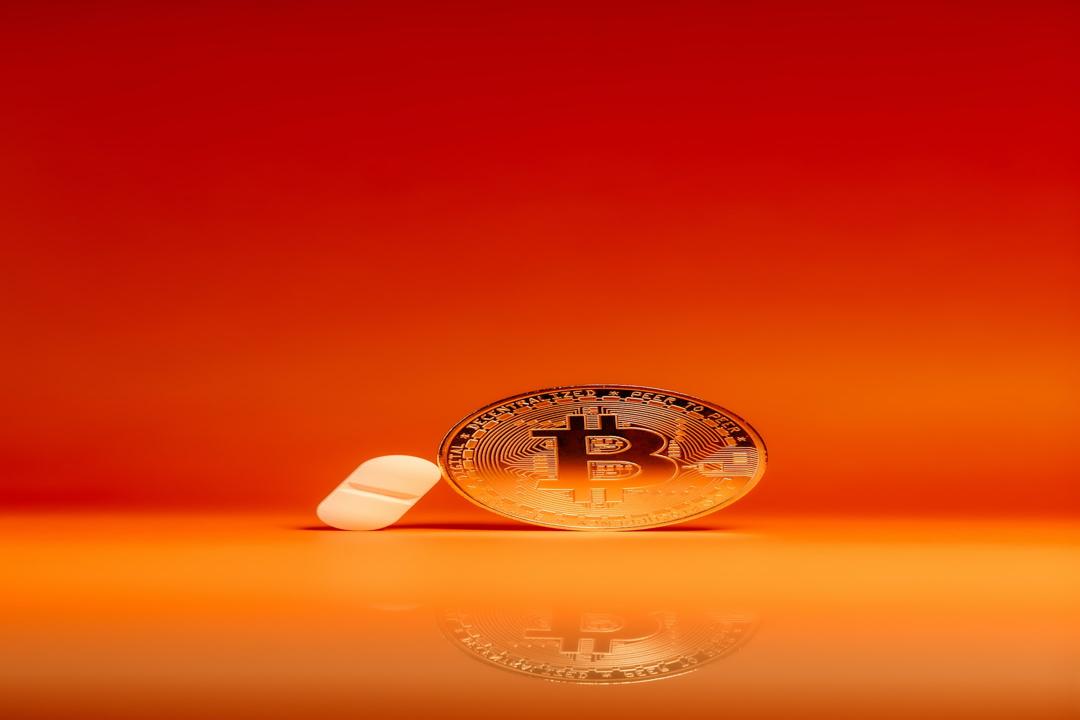Creative Rewrite:

After five years of silence, the Mt.Gox addresses associated with the infamous cryptocurrency exchange have begun transferring large amounts of Bitcoin, ranging from thousands to tens of thousands of coins. Currently, Mt.Gox holds a stockpile of 141,680 BTC, worth nearly billions of dollars, and the market is starting to worry about the potential selling pressure. As a result, the price of BTC has dropped from yesterday morning’s low of 69,400 USDT to 67,500 USDT.
The Mt.Gox saga is finally coming to an end, and in this article, Odaily will analyze its impact on the market.

Compensation Plan Details
First and foremost, the most pressing concern for users is whether Mt.Gox’s transfer of tokens after all these years is for the purpose of selling them. According to documents released by Mt.Gox, they confirm that this batch of transfers is in preparation for the repayment deadline of October 31st for creditors. According to their documents, the Rehabilitation Trustee is preparing for the distribution of cryptocurrency as part of the compensation process. There are two proposed compensation plans: Plan One involves repaying creditors with BTC and BCH on designated exchanges, while Plan Two involves selling the tokens and then repaying the creditors. As of now, the Rehabilitation Trustee has not specified which plan will be used for compensation, as reported by Cointelegraph.

Earlier on April 21st, a Reddit user reported that the Mt.Gox claims form had been updated to include fields for estimating the amount of tokens to be retrieved, as well as displaying BCH and BTC codes. In January of this year, some creditors received emails asking them to confirm their account information and were warned that if their accounts were disabled or frozen in the future, they might not receive the BTC/BCH repayment. This indicates that Mt.Gox is at least moving towards paying in BTC, rather than solely focusing on fiat payments. However, most users believe that the updated form has no direct connection to compensation payments.
From this, it can be inferred that BTC does indeed face selling pressure from Mt.Gox, but it is currently unknown whether this compensation plan will be chosen and what the specific selling volume will be.
Selling Pressure Analysis
Mt.Gox transferred a total of 141,680 BTC this time, which was sent to multiple addresses. Users can refer to Odaily’s report for more details, but the exact total amount of sales is still unknown, as mentioned in the previous section. Alex Thorn, the Head of Research at Galaxy Digital, expressed his personal prediction, stating, “I personally expect that most of the Bitcoin will be held and not sold, but I cannot say the same for BCH. Not all tokens will be sold.”
Regarding the timing of the sales, former Mt.Gox CEO Mark Karpelès posted on the X platform, stating, “As far as I know, everything is normal at Mt.Gox, and the trustee is transferring the tokens to another wallet in preparation for the possible distribution this year. Bitcoin will not be sold immediately.” The official deadline for final repayment is October 31, 2024, so there is still a long way to go.
Furthermore, in terms of the sales rules, according to an official announcement from Mt.Gox in January 2023, the compensation plan provided by Mt.Gox is divided into two categories: “Base Repayment” and “Proportional Repayment.” The amount of the base repayment is the same for all creditors, while the proportional repayment part offers creditors two options: “Mid-term and Final Repayment” or “Early Lump Sum Repayment.” In other words, if the option to sell tokens is chosen, it will not result in a rapid and immediate sell-off, but rather a gradual sale over a longer period of time, similar to the GBTC selling pressure.
Conclusion
In summary, the token transfer actions taken by Mt.Gox to some extent represent the potential selling pressure on tokens. However, the final outcome and chosen plan are still uncertain. Even if the selling plan is chosen, it will be digested over a longer period of time, making it difficult to directly cause a market crash.

